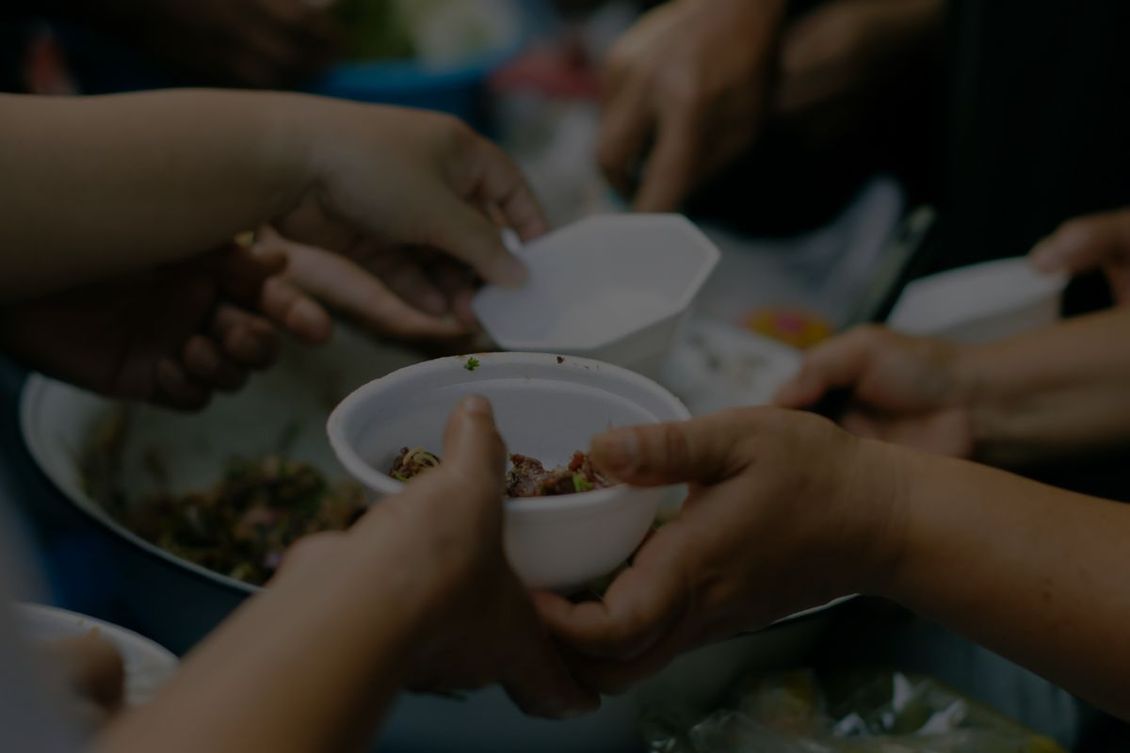
One of the key issues we’ll explore at InFlavour is food security – and how local and global F&B markets can help to combat hunger.
Food security is a global issue, and it needs to be tackled on a large scale. But within that, small initiatives are proving that they can make a huge difference. And we wanted to highlight some of those changemakers today.
In a recent photo essay, Civil Eats highlighted the work that DC Central Kitchen (DCCK) is doing to feed children and families.
This anti-hunger non-profit has a unique approach to engaging with families in order to make sure children aren’t left without food. They run a diverse range of programs, from community outreach events to educational courses – and DCCK’s recently upgraded headquarters, The Michael R. Klein Center for Jobs and Justice, serves as a hub for meal preparation as well as job training.
This summer, DCCK has been operating two food trucks that travel around providing meals to local families – to make sure that kids get fed when they’re not at school. Children in the area rely on school meals, with many of them only getting one nutritious meal each day. Some families can’t stretch their budgets to feed kids at home throughout the school holidays – so DCCK steps in.
What’s really inspiring about this holistic approach is that it proves community engagement is crucial to increase awareness, provide families with support without forcing them to queue up in hunger lines, and strengthen the impact of anti-hunger work by offering training and development opportunities in economically disadvantaged communities.
It’s not just about feeding people one meal at a time. It’s about creating the infrastructure so that everyone has access to nutritious food every single day.
Established in 2010 at the University of Maryland, US, the Food Recovery Network is a student-led movement that fights food waste and feeds people.
Four students noticed how much dining hall food was being thrown away every night at their university – and they decided to do something about it. They started recovering that unwanted food from their campus, and then from other college campuses – donating it to people in need.
Now, the network is operating on 190 campuses in 46 US states and in the District of Columbia. A staggering 12.1 million pounds of food have been recovered, and 10.1 million meals donated – which has prevented more than 5353 metric tonnes of CO2 emissions, too.
An app called ShareTheMeal that went through the World Food Programme’s Innovation Accelerator is showing how digital tech can empower everyone to get involved in ending hunger.
Founded in 2015, the app enables users to donate money (as little as USD $0.50) to provide a meal to a child in need. It makes it incredibly easy and convenient for anyone to support the global anti-hunger movement, with just a couple of taps on their smartphone.
In 2022, the app raised more than $28 million globally – and since its launch, ShareTheMeal has provided over 175 million meals.
The app has now finished its lifecycle with the WFP innovation accelerator, but it’s still going strong.
All of these initiatives highlight the same thing: that when they’re given an opportunity, everyone wants to get involved in ending hunger.
The F&B industry doesn’t have to combat food insecurity on its own.
Through engagement with citizens, local anti-hunger groups, and the people who really understand the challenges that economically underprivileged communities face, F&B can co-create food security movements, technologies, and supply chain solutions that really work.
Are you working to increase food security? We’d love to hear what you’re doing.
Take your seat at the InFlavour table, a government-backed and world-leading B2B food event by Tahaluf.
E-mail address SubmitWant to keep up to date with all our latest news and information? Enter your name below to be added to our mailing list.
E-mail address Submit